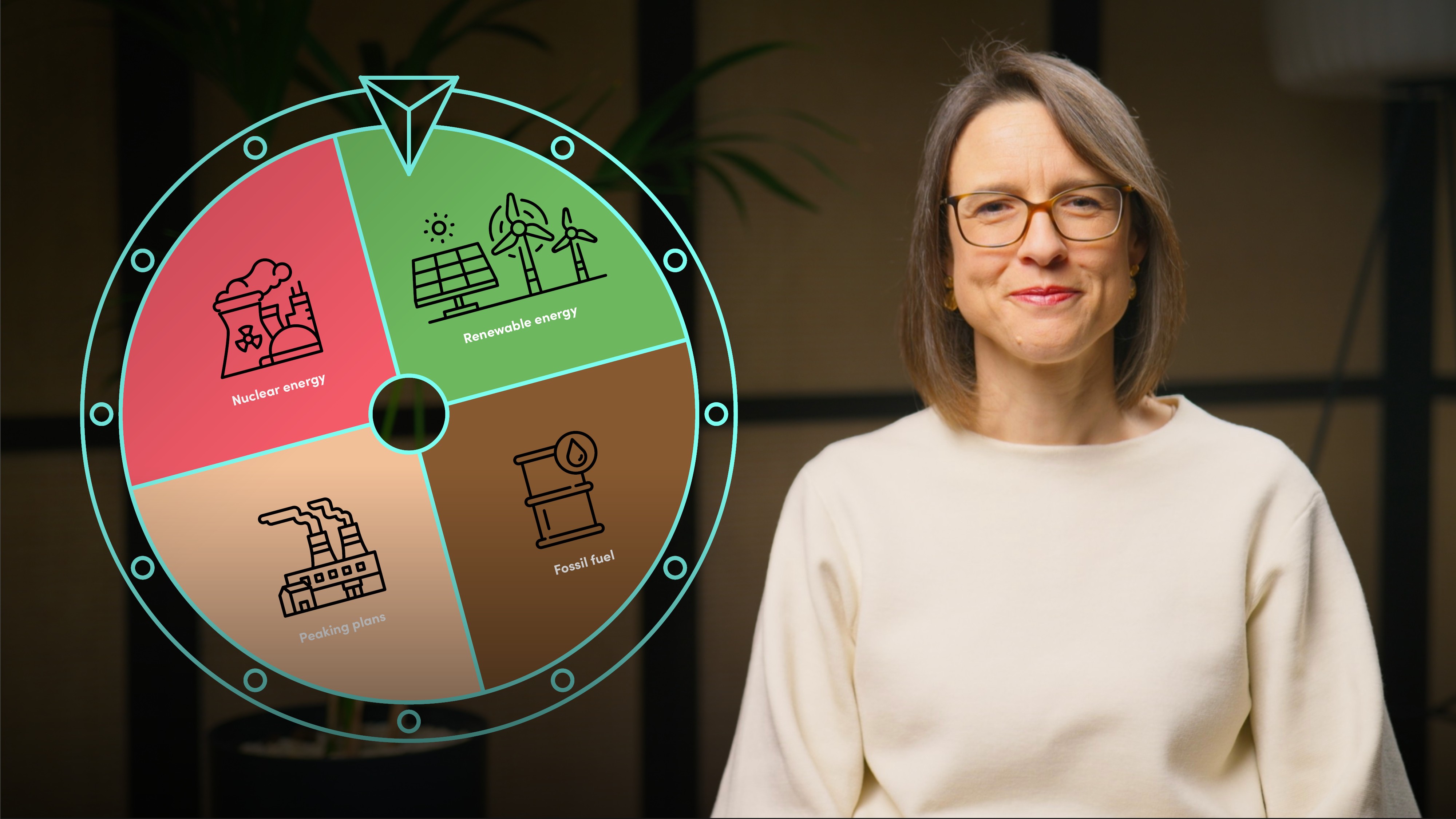
Introduction to Electricity Markets

Michelle Horsfield
25 years: Sustainable Finance
In this video, Michelle explores the intricacies of power markets and their sustainability implications in the context of global energy transitions. She delves into topics such as carbon intensity, life cycle assessment, and wider sustainability impacts, the video offers viewers a comprehensive understanding of the complex dynamics shaping the future of electricity markets.
In this video, Michelle explores the intricacies of power markets and their sustainability implications in the context of global energy transitions. She delves into topics such as carbon intensity, life cycle assessment, and wider sustainability impacts, the video offers viewers a comprehensive understanding of the complex dynamics shaping the future of electricity markets.
Subscribe to watch
Access this and all of the content on our platform by signing up for a 7-day free trial.

Introduction to Electricity Markets
15 mins 51 secs
Key learning objectives:
Understand some of the basic and fundamental concepts of power markets
Outline the sustainability implications of major electricity generation types
Understand the significance of carbon intensity and wider sustainability aspects in assessing energy mix options
Explore the potential drivers of change in electricity markets
Overview:
Beyond the comfort electricity brings lies a scary reality - its generation from fossil fuels contributes significantly to global warming. As we explore power market concepts and the pros and cons of different electricity generation types, we uncover the complexities of achieving a sustainable energy mix. Sustainability considerations, including carbon intensity, life cycle impacts, and broader environmental and social concerns, are integral to shaping the future energy mix alongside regulatory, technological, and commercial factors. Adaptability and a nuanced understanding of these dynamics are essential for navigating the evolving landscape of sustainable power markets.
Subscribe to watch
Access this and all of the content on our platform by signing up for a 7-day free trial.
Subscribe to watch
Access this and all of the content on our platform by signing up for a 7-day free trial.

Michelle Horsfield
There are no available Videos from "Michelle Horsfield"





























